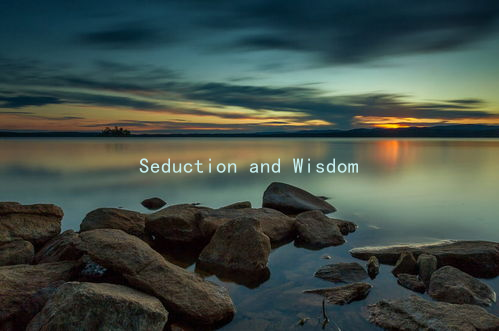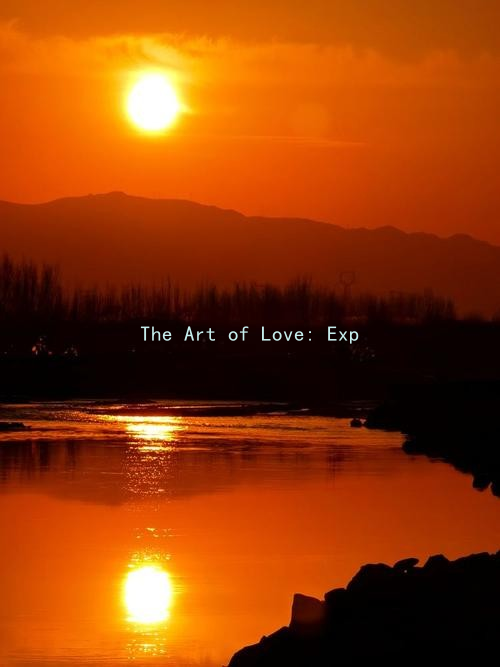Seduction and Wisdom: Lessons from Ancient Philosophies on Modern Relationships
Seduction and Wisdom: Lessons from Ancient Philosophies on Modern Relationships
In todays fast-paced world, where relationships often seem fleeting and superficial, it can be beneficial to look back at the timeless wisdom offered by ancient philosophies regarding love and seduction. Whether drawn from the teachings of Confucius, the poetry of Rumi, or the strategies of the ancient Greeks, these philosophies provide invaluable insights into building lasting connections.
One of the core principles echoed throughout ancient teachings is the significance of self-awareness. Socrates famously stated, Know thyself, emphasizing that understanding oneself is foundational for forming meaningful relationships. In the context of modern dating, this self-awareness translates into recognizing ones desires, weaknesses, and strengths. By embracing who you are, you not only become more confident but also attract partners who resonate with your authentic self.
Equally important is the role of empathy. Ancient wisdom encourages individuals to practice compassion and understanding. Confucian philosophy highlights the idea of Ren, or benevolence, stressing that genuine care for others fosters deeper connections. In modern relationships, emotional intelligence is paramount; being able to empathize with your partner’s feelings creates a bond built on trust and respect, enhancing the likelihood of a successful partnership.
Aristotle contributed significantly to the understanding of friendships and love, distinguishing between different types of relationships. For instance, eros (romantic love) and philia (friendship) can coexist and reinforce one another. This insight teaches us the importance of nurturing friendship within romantic relationships. Partners who share interests, engage in meaningful conversations, and support each others ambitions often find a more substantial emotional foundation, leading to a more fulfilling love life.

Another fundamental aspect to consider is the art of communication. The ancient Romans understood that effective dialogue was crucial for harmonious relationships. By implementing active listening and expressing oneself clearly, individuals can avoid misunderstandings and conflicts. In the realm of modern relationships, mastering communication can be a powerful tool for seduction, not in a manipulative sense, but rather as a way to connect authentically and deeply.
Moreover, the concept of balance is prevalent in many ancient philosophies. For instance, Taoism teaches the importance of harmony between opposing forces. In relationships, this balance can manifest in the division of responsibilities, emotional exchanges, and personal space. Recognizing and respecting each partners individuality while fostering a shared life can create a healthier relationship dynamic, reducing feelings of resentment or overwhelm.
In the realm of seduction, the ancients also recognized the significance of patience. The Persian poet Rumi articulated the idea that true love is not rushed but unfolds naturally over time. In contemporary dating, there is often pressure to accelerate intimacy, but wisdom suggests that taking the necessary time to truly know someone fosters genuine attraction and connection.
Lastly, the philosophy of gratitude can significantly enhance romantic relationships. The Stoics taught the virtue of appreciating what we have, which can be applied to love by recognizing and valuing your partners contributions. Regularly expressing gratitude can strengthen the emotional ties and enhance mutual appreciation, creating a more loving atmosphere.
In conclusion, the lessons from ancient philosophies provide profound insights into modern relationships and seduction. By incorporating self-awareness, empathy, effective communication, balance, patience, and gratitude into our relationship practices, we can navigate the complexities of love with greater wisdom. Embracing these timeless principles can help cultivate connections that are not only alluring but also enduring, enriching our lives in the process.





